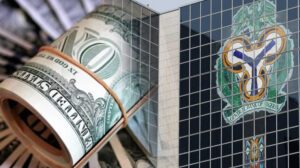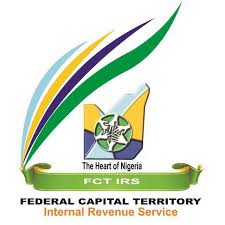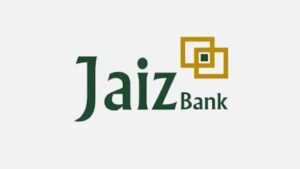
FG extends $3.4bn IMF loan repayment deadline to 2027
By Sodiq Adelakun
The Federal Government has extended the $3.4bn loan Nigerian government owe the Internatinal Monetary Fund (IMF) by 2027.
The International Monetary Fund (IMF) has agreed to extend Nigeria’s deadline for repaying a $3.4 billion loan to 2027. The loan was originally due to be repaid between 2022 to 2026.
The executive board of IMF had in 2020 approved the historic disbursement of $3.4 billion to Nigeria as an assistant for the coronavirus pandemic and failing oil price.
The fund Nigeria received from IMF is the second-highest of the countries that have benefitted from RFI during the Covid-19 pandemic. South Africa got $4.3billion, Côte d’ivoire – $ 886.2 million, Egypt – $2.77 Billion, Tunisia – $745 million, amongst others.
It is not a loan in the typical sense but Nigeria still has to pay back with interest. Countries hold reserves with the IMF. These reserves are held in what we can technically call a currency called Special Drawing Rights (SDR).
The SDR is an international reserve asset, created by the IMF in 1969 to
The current administration of Bola Tinubu is expected to pay off a $3.4bn owed to the International Monetary Fund during his tenure.
Recalled, the Federal Government of Nigeria is expected to pay the IMF a total of $3.51bn between 2022 and 2026 to offset the $3.4bn loan.
However, according to information obtained from a webpage on the IMF’s website, titled ‘Nigeria: Financial Position in the Fund as of July 31, 2023,’ there is an outstanding of $3.19billion, which will be paid off during the current administration.
In April 2020, the IMF disbursed a $3.4billion emergency financial assistance to Nigeria.
The loan was approved under the Rapid Financing Instrument by the Executive Board of the IMF on April 28 to address challenges arising from the economic impact of COVID-19 in the country.
The loaned amount was disbursed on April 30, 2020.
A statement by the IMF on the loan read, “The IMF approved $3.4billion in emergency financial assistance under the Rapid Financing Instrument to support the authorities’ efforts in addressing the severe economic impact of the COVID-19 shock and the sharp fall in oil prices.”
It was also disclosed that out of four agreed loans, disbursement was made on only one loan.
Under a section titled ‘Overdue Obligations and Projected Payments to Fund,’ a breakdown of how much Nigeria is expected to pay each year is provided.
The amount to be paid was provided in the Special Drawing Rights. The SDR is an international reserve asset, created by the IMF in 1969 to supplement its member countries’ official reserves.
SDR1 is currently $1.33 based on the exchange rate provided by the IMF on its website.
As a result, in 2023, Nigeria is expected to pay SDR373.81m ($497.17m), which includes principal (SDR306.81m/$408.06m) and interest fee (SDR67m/$89.11m) on the loan.
Nigeria is expected to pay a total of SDR1.32bn ($1.76bn) in 2024. This comprises a principal fee of SDR1.23bn ($1.64bn) and an interest fee of SDR94.76m ($126.03m).
In 2025, Nigeria is expected to pay a total of SDR650.58m ($865.27). This comprises a principal fee of SDR613.63m ($816.13m) and an interest fee of SDR36.95m ($49.14m).
The country is expected to pay a total of SDR25.56m ($33.99m) each in 2026 and 2027, which is only an interest fee. This is the least amount during the repayment period.



